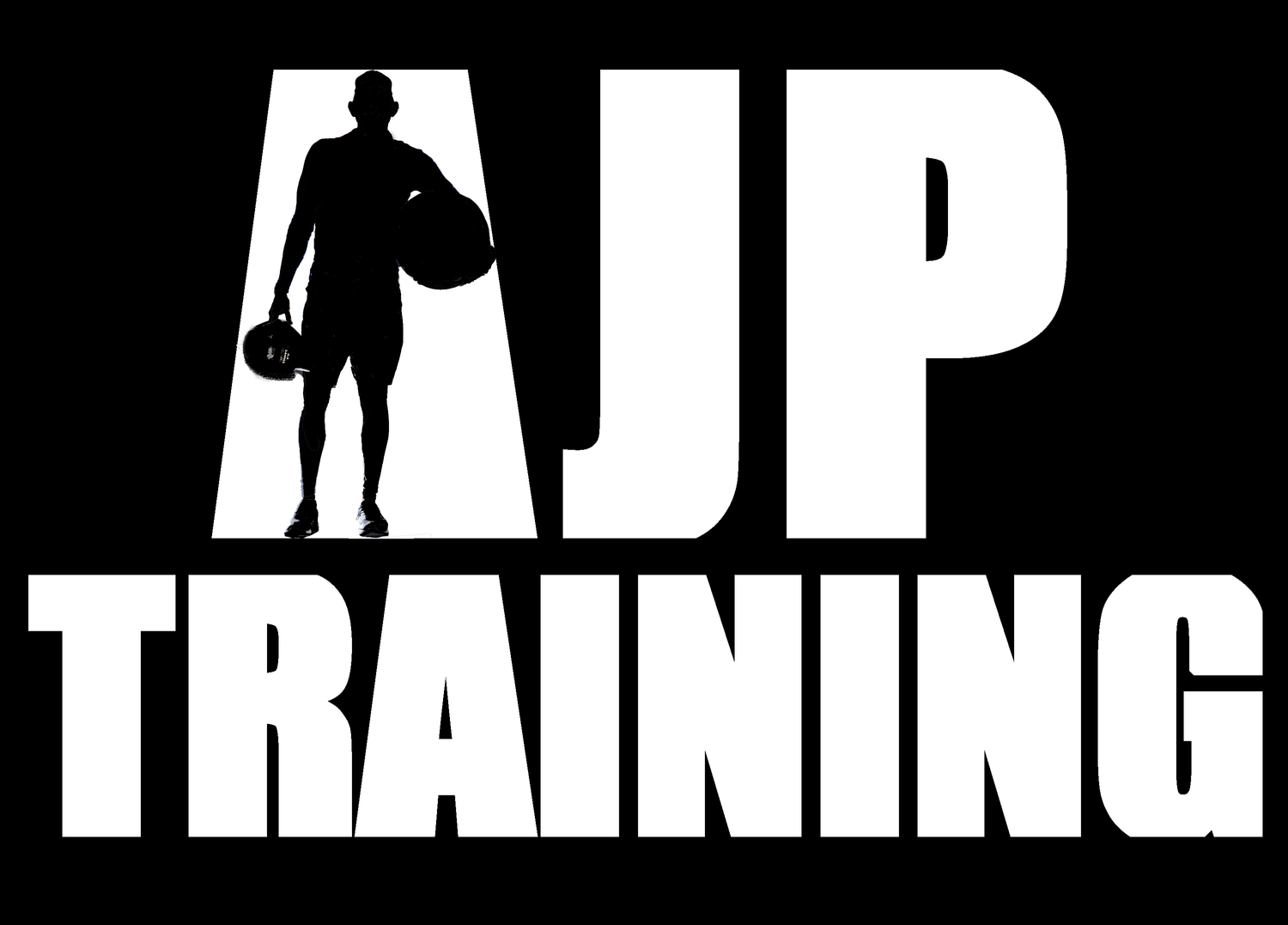I admit to contributing to the multibillion dollar food supplement industry.
A couple different kinds of proteins can be found on my counter now. My supplement habit in prior years was much worse as bottles and tubs littered my kitchen --- at least before I began my reporting on the supplement industry years ago.
It's why I became so choosy when it came to my supplement usage and why I recommend only organic protein to my clients. (I also tell them to use such a supplement only if they can't achieve dietary goals on diet alone.) The topic of fraudulent and potentially dangerous herbal supplements re-emerged this week when the New York State attorney general’s office accused GNC, Target, Walgreens and Walmart of selling products that didn't contain the ingredients listed on the labels.
“This investigation makes one thing abundantly clear: the old adage ‘buyer beware’ may be especially true for consumers of herbal supplements,” New York Attorney General Schneiderman said in a statement. "Mislabeling, contamination, and false advertising are illegal. They also pose unacceptable risks to New York families—especially those with allergies to hidden ingredients."
A story I broke at USA TODAY showed more than just missing ingredients and fillers that were not listed on the label. My report, citing a study that was released after my story ran, found "that 13 of the 52 supplements (25%) purchased at various U.S. retailers contained small amounts of steroids and six (11.5%) had banned stimulants."
Yes, steroids and stimulants.
Not much has changed in policing the supplement industry, which spent more than $4 million last year lobbying lawmakers.
The Food and Drug Administration still doesn't have nearly the authority to police supplements as it does with over-the-counter and prescription drugs. You can blame the 1994 Dietary Supplement Health and Education Act (DSHEA) for neutering oversight of the supplement industry and why -- despite some recent efforts to target a few manufacturers and distributors -- consumers should remain wary.
Thanks to legislation sponsored by Sen. Richard Durbin, D-Ill., supplement makers have been required to report any adverse events to the FDA since 2008. I did the first report a few months after it became law and detailed at least five deaths among those "adverse events."
"The dietary supplement industry claimed that they had no reports of health problems — zero — related to their products," Durbin said.
One thing I couldn't report when I wrote that story back then was one very, uhh, very adverse event for a middle-aged man who purchased a supplement called Viapro. (USA TODAY is a family paper, after all.) This unfortunate soul bought the male-enhancement supplement at a truck stop.
You know those disclaimers for Viagra, Cialis and Levitra about seeking medical help for erections lasting longer than four hours? This guy was aroused far longer than that and -- despite medical intervention -- he suffered from penile fibrosis and was left with permanent erectile dysfunction.
The adverse-event report -- which came from a doctor at the hospital where this man was treated --- claimed that Viapro didn't list any ingredients that would have caused such a reaction similar to a side effect of prescription erectile dysfunction drugs.
Later tests by the FDA showed Viapro contained hio-methisosildenafil, a chemical that is similar to sildenafil (Viagra).
The FDA took action as it usually does in these cases: It asked the manufacturer, EG Labs, to recall Viapro. The FDA has the authority to recall supplements and has done so in greater numbers in recent years, although as The New York Times pointed out last year (citing research in the Journal of the American Medical Association) it's an uphill battle.
Since 2004, about half of all F.D.A. drug recalls have involved dietary supplements found to be contaminated with banned pharmaceutical ingredients. Supplement industry trade groups say that these products are usually manufactured and sold by a few bad actors who represent the fringe of the roughly $33 billion a year supplement industry.
I don't want to demonize the entire industry. There are a few good supplement companies out there. I think there are a handful of supplements that show promise, like MCT oil. But, in time, many of these supplements fail to withstand peer-reviewed studies when their claims are put to a test.
Also keep in mind no supplement will make up for a bad diet and lackluster exercise program.



